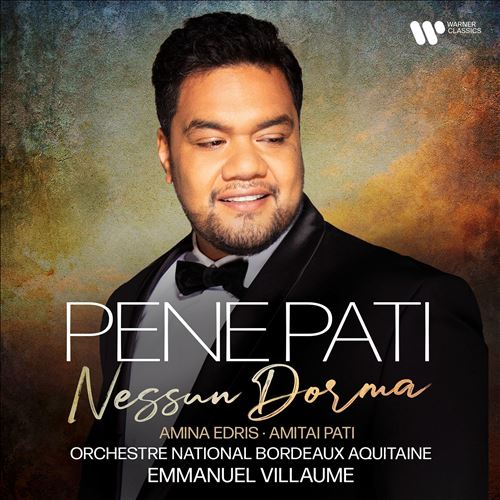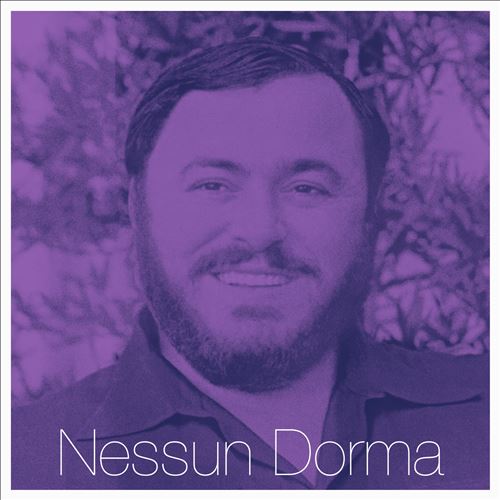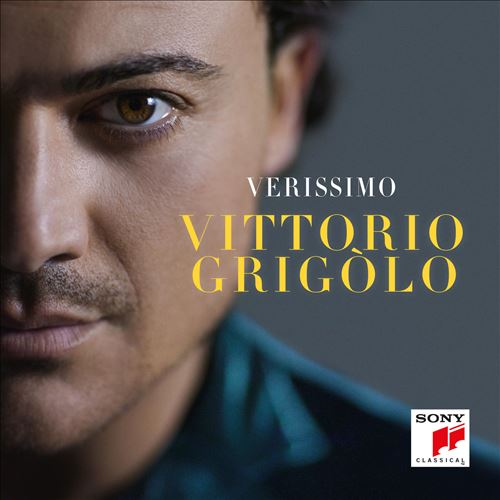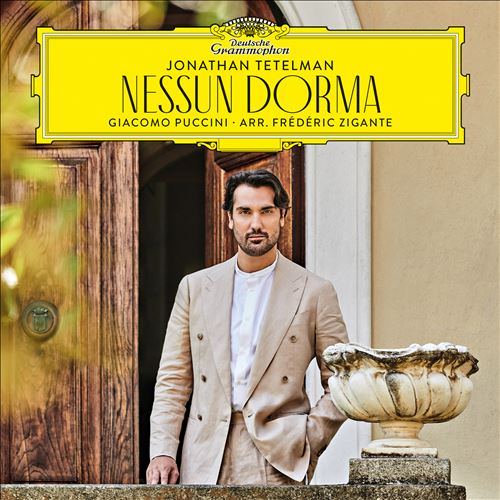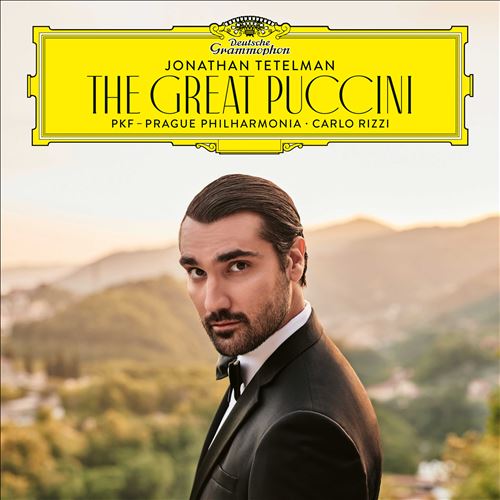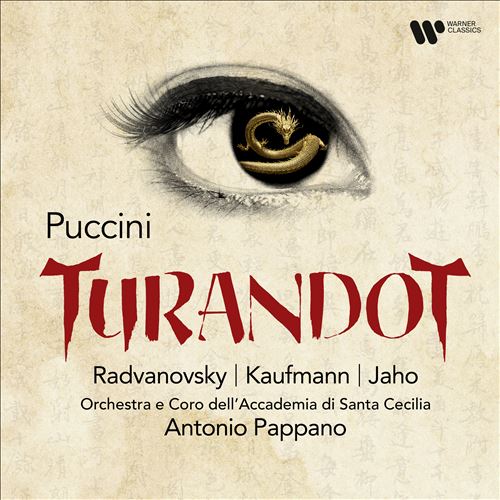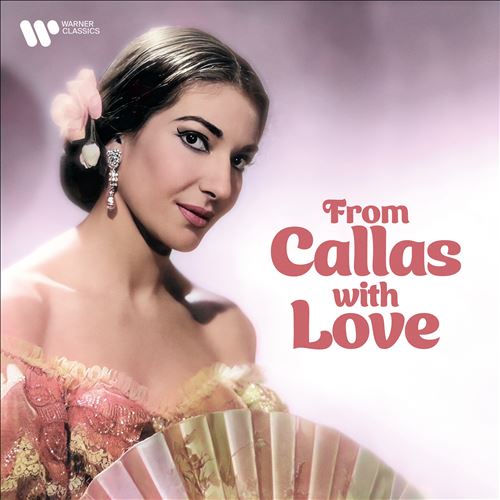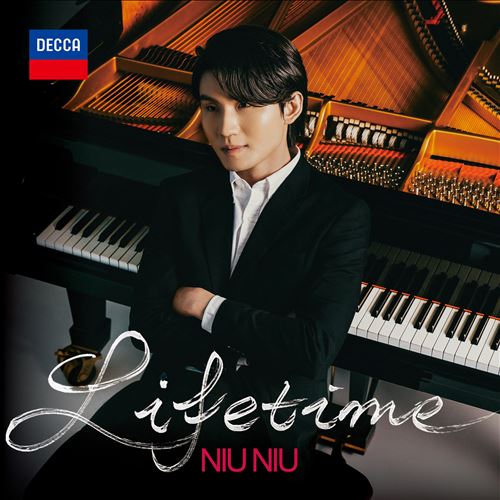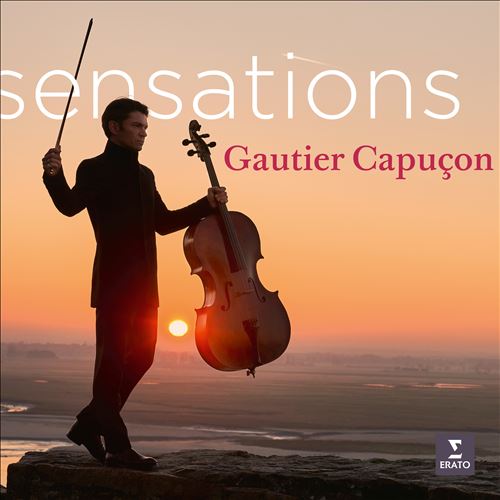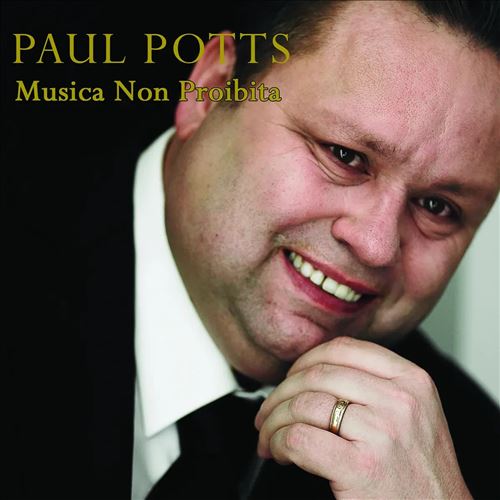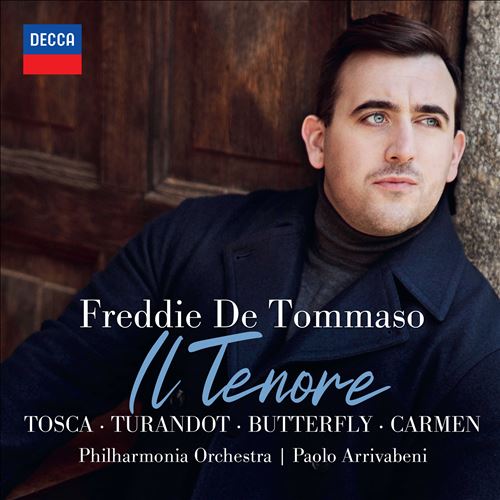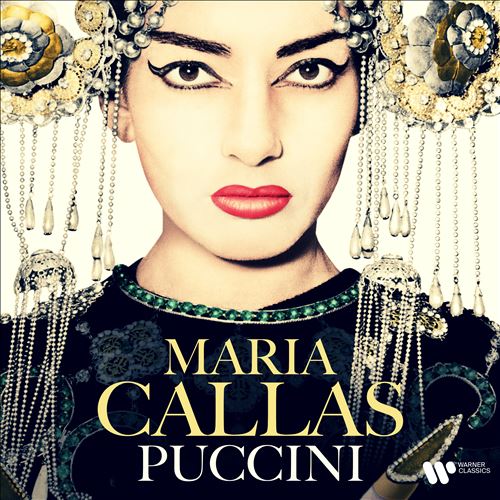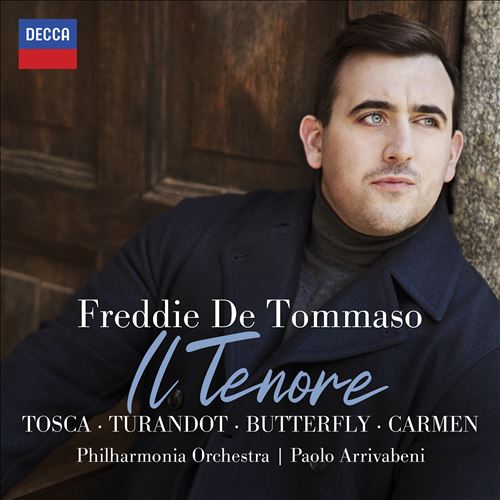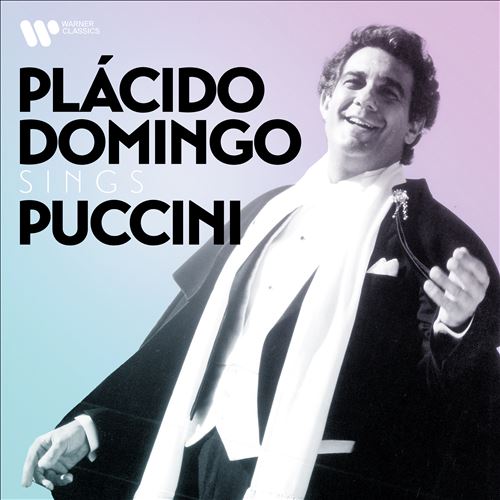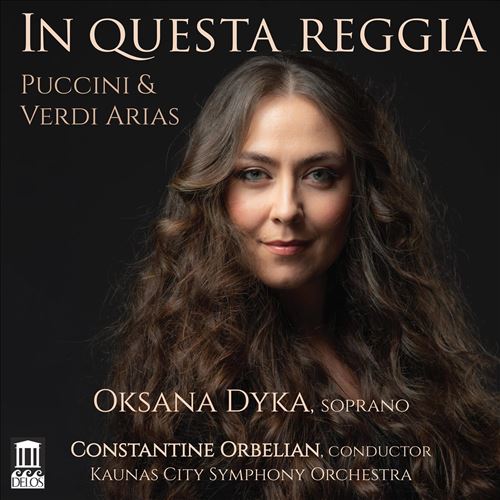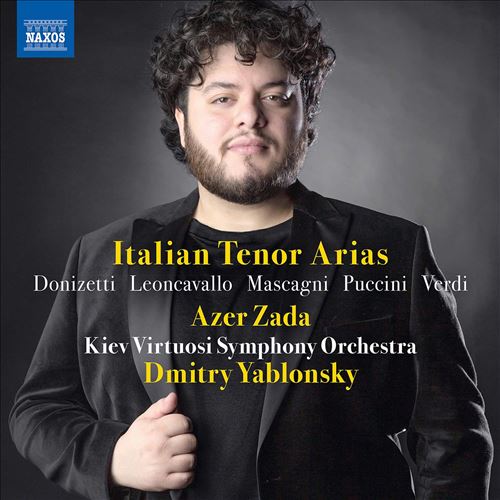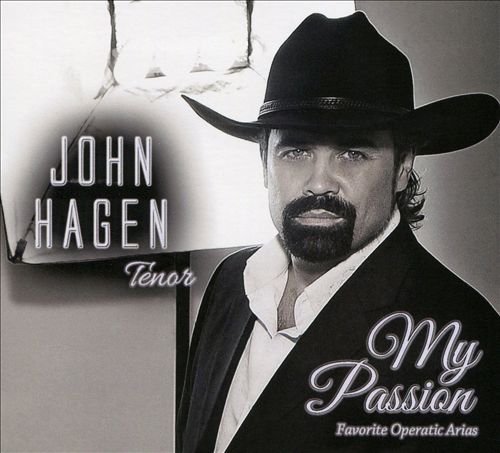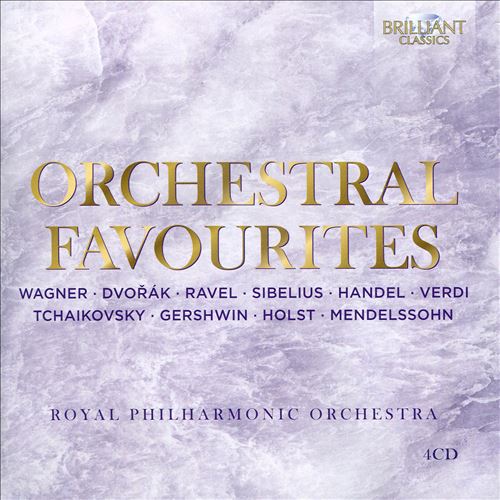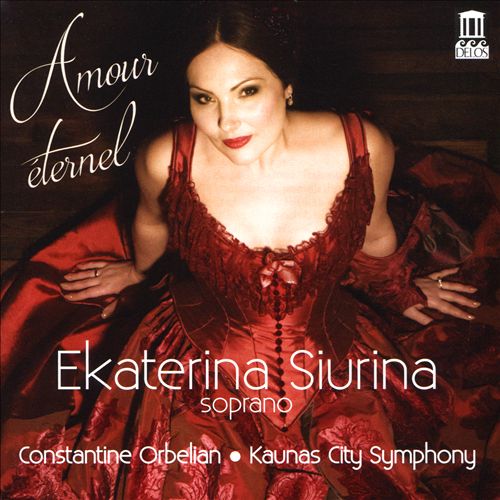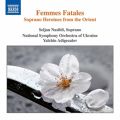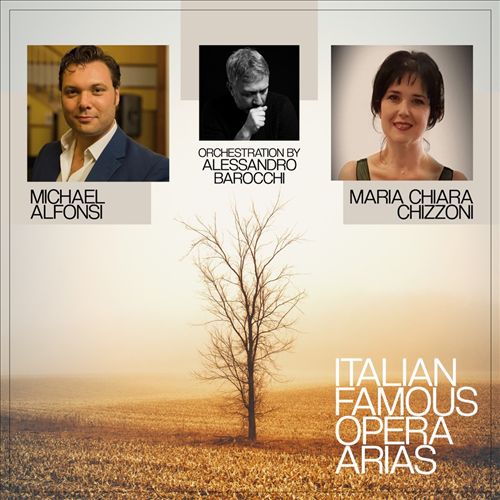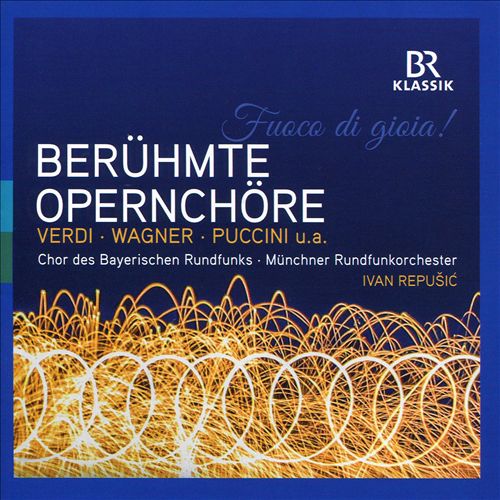Giacomo Puccini (자코모 푸치니)
Turandot
100
10,000
1,400
WORK INFO
작곡가: Giacomo Puccini (자코모 푸치니)작곡년도: 1926평균연주: 114:22악장1Act 1 : No. 1, Popolo di Pekino! [Proud people of Peking]4:282Act 1 : No. 2, Gira la cote!4:033Act 1 : No. 3, Perchè tarda la luna?4:224Act 1 : No. 4, O giovinetto!4:425Act 1 : No. 5, Principessa! Pieta!1:586Act 1 : No. 6, Fermo! che fai?3:147Act 1 : No. 7, Non indugiare!2:078Act 1 : No. 8, Signore, ascolta!2:419Act 1 : No. 9, Non piangere, Liù!3:0010Act 1 : No. 10, Ah! per l'ultima volta!2:5611Act 2 : No. 11a, Olà, Pang! Olà Pong!3:1012Act 2 : No. 11b, O Cina2:0113Act 2 : No. 11c, Ho una casa3:5614Act 2 : No. 11d, Vi ricordare il principe regal4:2115Act 2 : No. 11e, Addio, amore3:0916Act 2 : No. 12a, Gravi, enormi ed imponenti3:2917Act 2 : No. 12b, Un giuramento4:0218Act 2 : No. 12c, Popolo di Pekino!1:4719Act 2 : No. 13a, In questa Reggia [In diesem Schlosse]6:2720Act 2 : No. 13b, O Principe, che a lunghe carovane5:5521Act 2 : No. 14, Straniero, ascolta!5:5022Act 2 : No. 15, Tre enigmi3:1623Act 3 : No. 16, Così comanda Turandot3:2724Act 3 : No. 17, Nessun dorma! [keiner schlafe]3:2525Act 3 : No. 18, Tu che guardi le stelle3:3026Act 3 : No. 19, Principessa divina!4:0327Act 3 : No. 20, Tanto amore3:1528Act 3 : No. 21, Tu, che di gel sei cinta3:2129Act 3 : No. 22, Liù! Liù! Sorgi!3:5630Act 3 : No. 23, Principessa di morte3:3631Act 3 : No. 24a, Del primo pianto4:3532Act 3 : No. 24b, Diecimila anni al nostro imperatore!3:03Turandot (; [turanˈdɔt) is an opera in three acts by Giacomo Puccini, completed by Franco Alfano, and set to a libretto in Italian by Giuseppe Adami and Renato Simoni. Though Puccini's first interest in the subject was based on his reading of Friedrich Schiller's 1801 adaptation of the play, his work is most nearly based on the earlier text Turandot by Carlo Gozzi. The original story is based on the story of Turan-Dokht (daughter of Turan) from the epic Haft Peykar (The Seven Beauties), work of 12th-century Persian poet Nizami. The opera's story is set in China and involves Prince Calaf, who falls in love with the cold Princess Turandot. To obtain permission to marry her, a suitor has to solve three riddles; any wrong answer results in death. Calaf passes the test, but Turandot still refuses to marry him. He offers her a way out: if she is able to learn his name before dawn the next day, then at daybreak he will die. The opera was unfinished at the time of Puccini's death in 1924, and was completed by Franco Alfano in 1926. The first performance was held at the Teatro alla Scala in Milan on 25 April 1926 and conducted by Arturo Toscanini. This performance included only Puccini's music and not Alfano's additions. The first performance of the opera as completed by Alfano was the following night, 26 April, although it is disputed whether this was conducted by Toscanini again or by Ettore Panizza.
Turandot is a Persian word and name meaning "the daughter of Turan", Turan being a region of Central Asia which used to be part of the Persian Empire. In Persian, the fairy tale is known as Turandokht, with "dokht" being a contraction for dokhtar (meaning daughter), and both the "kh" and "t" are clearly pronounced. However, according to Puccini scholar Patrick Vincent Casali, the final "t" should not be sounded in the pronunciation of the opera's name or when referring to the title character. Puccini never pronounced the final "t", according to soprano Rosa Raisa, who was the first singer to interpret the title role. Furthermore, Dame Eva Turner, the most renowned Turandot of the inter-war period, insisted on pronouncing the word as "Turandò" (i.e. without the final "t"), as television interviews with her attest. As Casali notes, too, the musical setting of many of Calaf's utterances of the name makes sounding the final "t" all but impossible. However, Simonetta Puccini, Puccini's granddaughter and keeper of the Villa Puccini and Mausoleum, has stated that the final "t" must be pronounced. Maestro Italo Marchini questioned her about this in 2002 at the Villa in Torre del Lago and she stated that in Italian the name would be Turandotta. In the Venetian dialect of Carlo Gozzi the final syllables are usually dropped and words end in a consonant, ergo Turandott, as the name has been made Venetian.From WIKIPEDIA
RELEASED ALBUMS
-
Nessun dormaSeptember 20, 2024
-
Puccini: Turandot - Nessun dormaJuly 12, 2024
-
Nessun Dorma [5 Tracks]June 8, 2024
-
VerissimoJanuary 12, 2024
-
Giacomo Puccini: Nessun DormaNovember 10, 2023
-
The Great PucciniOctober 13, 2023
-
Sempre Libera: A FarewellAugust 18, 2023
-
Puccini: TurandotMarch 10, 2023
-
From Callas with LoveFebruary 14, 2023
-
LifetimeJanuary 20, 2023
-
SensationsDecember 30, 2022
-
Sing Like an ItalianOctober 28, 2022
-
Musica Non ProibitaOctober 7, 2022
-
Il TenoreJuly 1, 2022
-
PucciniMay 16, 2022
-
Puccini: Turandot - Act 3. Nessun dormaMay 6, 2022
-
The TenorApril 29, 2022
-
Plácido Domingo Sings PucciniApril 22, 2022
-
In Questa Reggia: Puccini & Verdi AriasMarch 4, 2022
-
Italian Tenor AriasOctober 22, 2021
-
Arie da OperaJune 11, 2021
-
My Passion: Favorite Operatic AriasDecember 4, 2020
-
Orchestral FavouritesNovember 20, 2020
-
Amour éternalJune 19, 2020
-
Vincerò!May 15, 2020
-
Internatioal Women's Day: Classical [2020]March 6, 2020
-
Femmes FatalesFebruary 14, 2020
-
ClassicFebruary 7, 2020
-
Italian Famous Opera AriasDecember 13, 2019
-
Fuoco di Gioia!: Berühmte OpernchöreNovember 15, 2019
FEATURED MOVIES
-
 03:46푸치니: 투란도트 Nessun dorma19943 Tenors Live a Los Angeles
03:46푸치니: 투란도트 Nessun dorma19943 Tenors Live a Los Angeles -
 03:32푸치니: 투란도트 Nessun dorma31. 8. 2013
03:32푸치니: 투란도트 Nessun dorma31. 8. 2013 -
 03:07푸치니: 투란도트 Nessun dorma!1. 1. 2014National Moravian-Silesian Theatre
03:07푸치니: 투란도트 Nessun dorma!1. 1. 2014National Moravian-Silesian Theatre -
 2:13:41푸치니: 투란도트
2:13:41푸치니: 투란도트 -
 02:57푸치니: 투란도트 Nessun dorma
02:57푸치니: 투란도트 Nessun dorma -
 03:26푸치니: 투란도트 Nessun dorma
03:26푸치니: 투란도트 Nessun dorma -
 03:17푸치니: 투란도트 Nessun dorma!28 9th 2011House of Culture in Ostrava
03:17푸치니: 투란도트 Nessun dorma!28 9th 2011House of Culture in Ostrava -
 02:59푸치니: 투란도트 Nessun dorma
02:59푸치니: 투란도트 Nessun dorma -
 03:14푸치니: 투란도트 Nessun dorma
03:14푸치니: 투란도트 Nessun dorma -
 02:36푸치니: 투란도트 Nessun dorma
02:36푸치니: 투란도트 Nessun dorma -
 03:17푸치니: 투란도트 Nessun dorma
03:17푸치니: 투란도트 Nessun dorma -
 03:20푸치니: 투란도트 Nessun dormaBrasil
03:20푸치니: 투란도트 Nessun dormaBrasil -
 02:39푸치니: 투란도트 Non piangere, Liu!2011.2.27Italia Roma
02:39푸치니: 투란도트 Non piangere, Liu!2011.2.27Italia Roma -
 02:51푸치니: 투란도트 Nessun dorma
02:51푸치니: 투란도트 Nessun dorma -
 04:39푸치니: 투란도트 Nessum dormaJune 13, 2010National Music Auditorium. Madrid
04:39푸치니: 투란도트 Nessum dormaJune 13, 2010National Music Auditorium. Madrid
ALBUM MUSIC
WORKS SHOUTS


